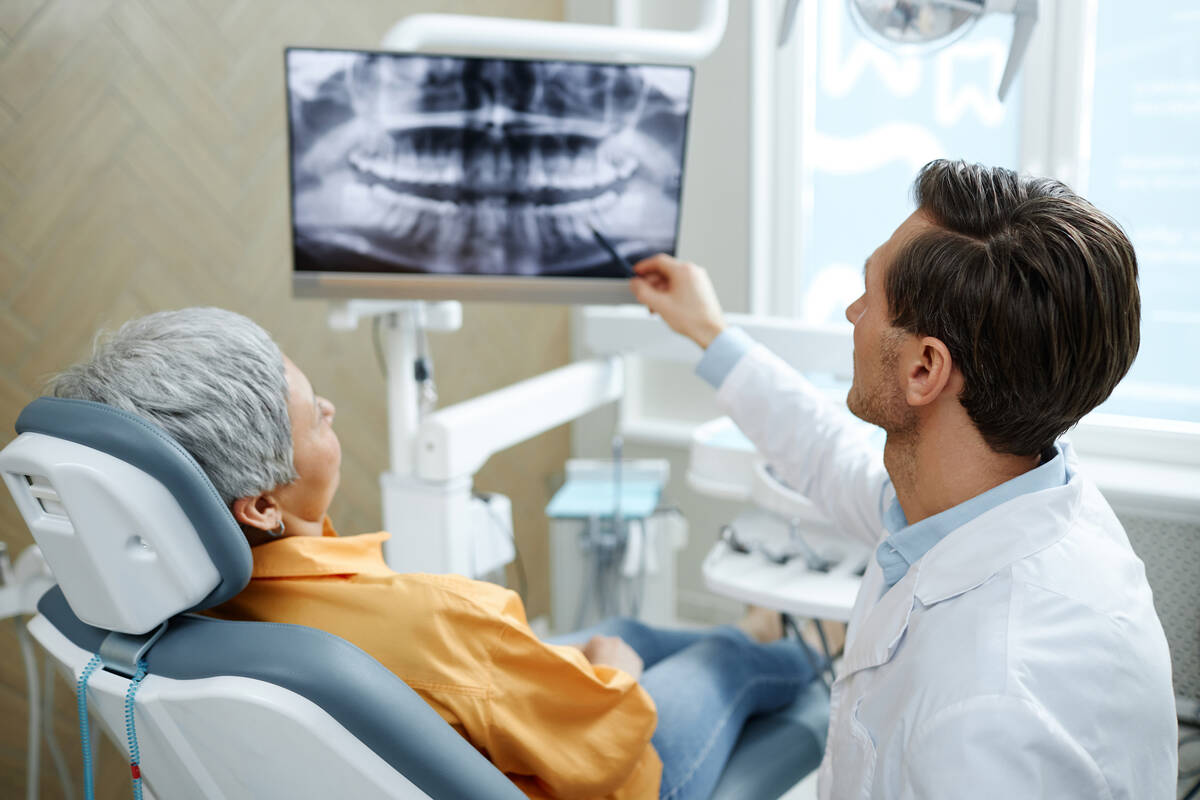Does original Medicare cover dental services?
Dear Toni: I will be eligible for Medicare in July and am now receiving cancer treatment. I am currently on my ex-employer’s COBRA and searching for dental care when I go on Medicare in July. The only dental/vision plans I am finding are in Medicare Advantage plans, but my cancer facility has advised me not to go in that direction because many Advantage plans are no longer accepted at their facility. Is there a dental plan that Medicare offers? — Tammy from Alvin, Texas
Dear Tammy: What’s not covered by Parts A and B is explained in the 2024 “Medicare &You” handbook:
■ Eye examinations (for prescription eyeglasses).
■ Long-term care.
■ Cosmetic surgery.
■ Massage therapy.
■ Routine physical exams.
■ Hearing aids and exams for fitting them.
■ Concierge care.
■ Covered items or services you get from an opt-out doctor or doctor not accepting Medicare.
■ Most dental care: Original Medicare doesn’t cover dental services such as routine cleanings, fillings, tooth extractions, or items such as dentures. However, in some cases, original Medicare may pay for some dental services related to specific medical procedures such as:
■ A heart valve repair or replacement.
■ An organ transplant.
■ Cancer-related treatments.
Tammy, I would recommend that you talk to your dentist and see which dental insurance plans are preferred.
When purchasing a dental plan, there are two types to pick from (verify which type of plan your dentist accepts before purchasing):
1. Traditional (or indemnity) dental insurance plans are generally higher in premium, and the preventive services are usually covered at 100 percent; basic restorative is generally covered up to 80 percent, and major procedures at 50 percent. Recently, new dental plans have been released that help with the costs of dental claims such as fillings, crowns, and root canals. A major surprise is that these plans begin immediately with no wait.
2. Discount dental insurance plans are generally less expensive than traditional plans. These plans provide a discount for services, but your dentist must be part of the plan’s network and agree to give the dental discount.
You can use either type of dental plan with original Medicare with or without a Medicare supplement or with an Advantage plan. Again, make sure that the plan you choose is accepted by your dentist.
You did not ask about vision benefits, Tammy, but readers may want to know that the Medicare handbook discusses eyeglasses after cataract surgery. This is a limited benefit because Medicare will cover one pair of eyeglasses with standard frames (or one set of contact lenses) after cataract surgery that implants an intraocular lens. The Part B deductible will apply for the surgery, and after you meet the Part B deductible, you pay 20 percent of the Medicare-approved amount for your corrective lenses after the surgery.
Toni King is an author and columnist on Medicare and health insurance issues. If you have a Medicare question, email info@tonisays.com or call 832-519-8664.





















